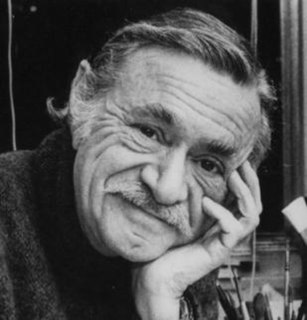A Quote by Laurie Foos
I feel that if I establish the world or the premise from the first line, then I can get the reader to come with me where I want her to go.
Related Quotes
On the third Friday of each month, I go to the Andy Griffith Museum. I get to meet hundreds of fans who stand in long lines for hours to meet me. Some months I don't feel too good and I think maybe I won't go, but then when I go and get to be there with so many wonderful people it always lifts my spirits and makes me feel better. I wouldn't stand in line for hours to meet me, but I'm so glad my fans do.
My wife is my first reader, my first line of defence I suppose. So she says, "Oh well, oh yes, it's all true." At the same time, I could have written much more about us, but I didn't want to go any further. I did cut things out. There are certain things that I wrote about her that are so gushing with praise and admiration that when I looked at those passages I realised they would be ridiculous to anybody else.
She would try to relieve the pain of love by first roughly rubbing her dry lips against mine; then my darling would draw away with a nervous toss of her hair, and then again come darkly near and let me feed on her open mouth, while with a generosity that was ready to offer her everything, my heart, my throat, my entrails, I gave her to hold in her awkward first the scepter of my passion.
There are all sorts of theories and ideas about what constitutes a good opening line. It's tricky thing, and tough to talk about because I don't think conceptually while I work on a first draft -- I just write. To get scientific about it is a little like trying to catch moonbeams in a jar. But there's one thing I'm sure about. An opening line should invite the reader to begin the story. It should say: Listen. Come in here. You want to know about this.
For those who have come here illegally, they might have a transition time to allow them to set their affairs in order. And then go back home and get in line with everybody else. And if they get in line and they apply to become a citizen and get a green card, they will be treated like everybody else.
The first rule is you have to create a reality that makes the reader want to come back and see what happens next. The way I tried to do it, I'd create characters that the reader could instantly recognize, and hopefully bond with, and put them through situations that keep the reader on the edge of their seat.
To me, one of the greatest triumphs in doing a book is to tell the story as simply as possible. My aim is to imply rather than to overstate. Whenever the reader participates with his own interpretation, I feel that the book is much more successful. I write with the premise that less is more. Writing is not difficult to me. I read into a tape recorder, constantly dropping a word here and there from my manuscript until I get a minimum amount of words to say exactly what I want to say. Each time I drop a word or two, it brings me a sense of victory!

































